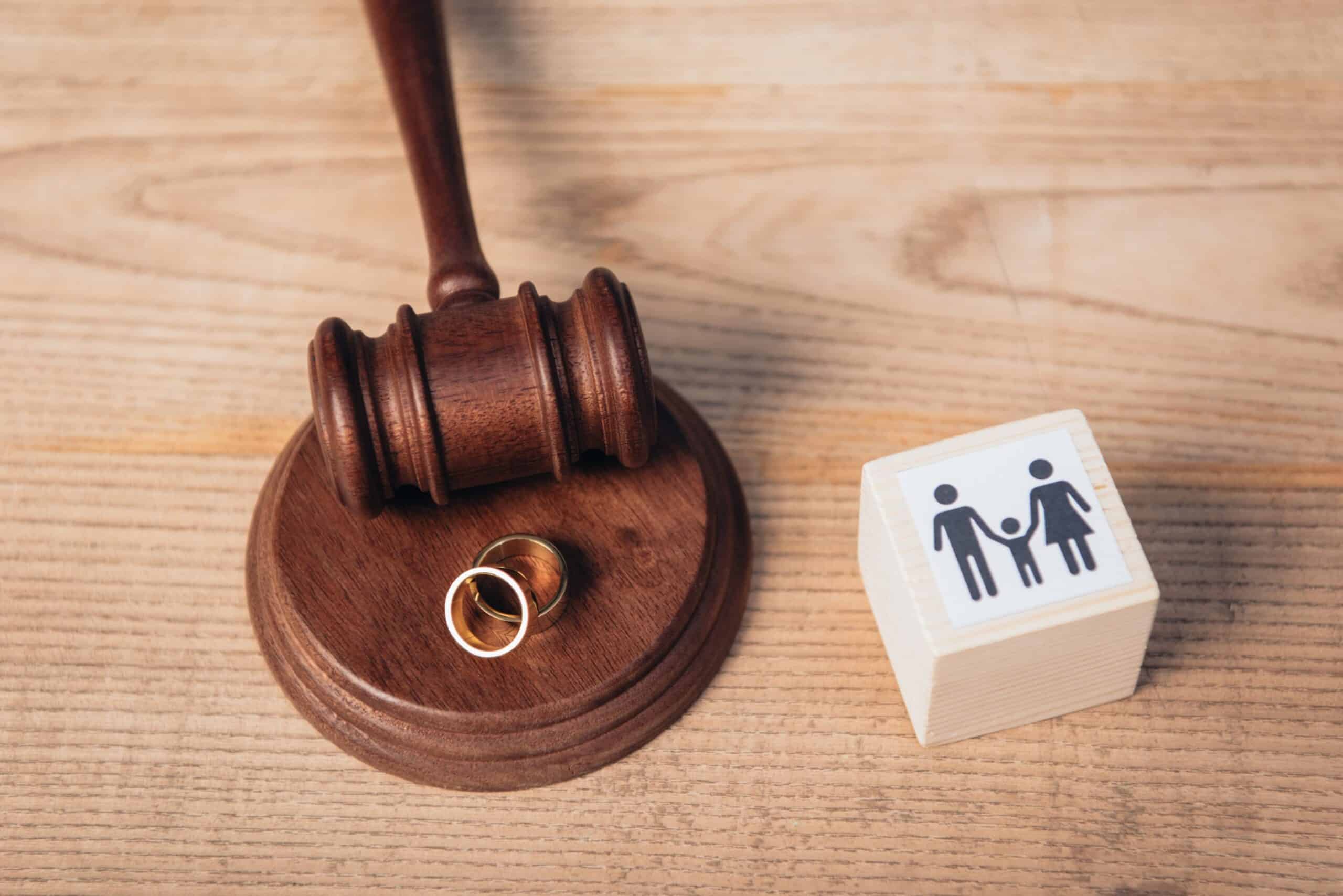After an accident that is not your fault, where you are injured, life could take a different turn at that moment. The medical bills are accumulating, the job may be at a standstill, and the emotional and physical strain can be exceedingly heavy. At such times, one of the most critical decisions you will make is picking out a personal injury lawyer who will represent you and be your guide with clarity and kindness. The right attorney can convert an endless legal battle into a fair, timely, and sufficient compensation streak.
Start with Experience That Matches Your Needs
Personal injury law is all-encompassing, including topics that vary from accidents involving vehicles to the workplace and medical malpractice. Not all lawyers who claim to handle injury cases are well-versed in your particular situation. The first step is to find lawyers who have been dealing with the same or similar circumstances and have managed to win. Take the example in the event of a motorcycle crash, the best action is to contact a lawyer who has a history of such accidents. Besides, the lawyer must also understand the insurance details and must have been in court before.
A seasoned lawyer is not only a connoisseur in the legal field but also brings in much more, i.e., awareness of the local court system, knowledge of how insurance companies work, and the tactical approach that makes negotiations or litigations powerful.
Evaluate Reputation and Client Feedback
In this era and age, a lawyer’s reputation is a click away. Online reviews, testimonials, and ratings on platforms such as Google, Avvo, and Martindale-Hubbell can provide constructive views of clients from the past. Look for remarks on communication, professionalism, responsiveness, and results.
However, one should not trust only the reviews. Also, ask for references. A trustworthy lawyer will be ready to give you his former clients’ contacts or present examples of successful cases that showcase his skills. If a lawyer is unwilling to talk about clients and avoids the subject of performance, maybe it’s a sign that you should avoid him or her.
Communication and Availability Evaluation
Effective, on-time discussions are indispensable throughout the personal injury legal process. Therefore, you must find a lawyer who respects your opinion, takes the time to explain things to your level, and never leaves you in the dark. In the first meetings, pay attention to how the interviewer tackles your queries. Are you always given lots of relevant, intelligent explanations, or does the conversation end quickly?
Another point to think about is the way they will keep in touch in the future. Will your attorney take most of the communication, or will you mostly deal with assistants? Will they keep you updated, and what if you need them immediately?
Candor about all aspects of the lawsuit
The majority of personal injury law practitioners are paid on a contingency fee basis, that is, they collect payment only when the client prevails in their claim. What this means is that the victims of accidents who are often short of cash can heave a sigh of relief. However, it’s necessary to ask the attorney the questions related to the terms, like what percentage of your compensation will be taken, and if you are to expect any other costs.
A reliable lawyer will openly discuss how he charges his clients and also, should you wish, give you a written contract. If a lawyer does not discuss money matters and is vague, then one should continue with caution.
Observe the Effect of the Courtroom Experience
In the majority of cases, the injured party decides to settle their claim outside the court boundary; conversely,the rest of the cases end up in litigation. The lawyer you are considering must have not only general experience but one with courtroom knowledge. It is known by insurance companies that attorneys are brave enough to bring them to court and will find out who is weak and prompt, and what they do is make some kind of a setting which regular people would find it difficult to go against, and start negotiations with the other side. A lawyer who is skilled and is sure about the case will for sure get you a good deal at the negotiation table, plus there’ll be a lower chance of you being forced into a negotiation on unsatisfactory terms.
The question of their frequency and how successful they are in keeping up their fire in court that you need to ask them. Knowing their fire fighting abilities, you may even be deflated, but this will for sure be a point of strength for you in case something goes wrong.
Check out Their Listing of People and Financial Backup
In personal injury matters, the cases are so difficult to solve that they call for much evidence, doctors’ testimonies, and a full medical report. An attorney with the right connections can also link you up to professionals such as accident reconstruction experts, medical specialists, and financial analysts who will indeed improve your case.
If you are considering consulting them on a list of resources they have, such a question is not welcome; you’d better not. Man show might be an amazing lawyer, but he could lack the muscle to handle multifaceted cases. In like manner, a firm that has its crew and deep pockets can be in a good position to maintain and manage your entire file without any problems.
One-on-One Attention is What Counts
There is no such thing as a typical injury case, and standard strategies are seldom applied. From the first time the case presents itself, during your talk, see if the lawyer is doing his/her bi, taking much of the time to understand the various twists and turns of your case. Can he/she be said to be interested in the story of your life and how the injury has altered it? Or do they act less involved and respectful?
You want a legal representative who doesn’t see you solely as a case number. He/she should be the one who is creating an adapted strategy for your situation and will be more than up to it for getting you the best possible solution..
Local Knowledge is a Plus
Local lawyers who practice know a lot about the local courts, including the subtle details, and can help you a lot. We should not forget that local personal injury attorneys are also familiar with insurance practices and can easily learn the tricks that are going to be used by the regional adjusters and defense lawyers.
For instance, if you’re in South Florida, the representation of a “South Florida personal injury lawyer,” who is very well-acquainted with the area, can be a game-changer for your benefit.
Pose the Proper Questions in the Course of Meetings
When you take your time to see several potential lawyers, make sure you are not leaving the meeting without the information you need. There are a few examples of questions you should ask:
- How long have you been practicing personal injury law?
- What kind of cases are your favorite to handle?
- Is there anything about your case that you think will be problematic?
- Do you use a mediation strategy more often, or do you go to court to resolve the matter?
- How frequently, if at all, will I receive updates on the case?
- What will be the costs for your services, and will I need to cover any of the expenses if we fail?
The way they answer these six questions will uncover their level of competence, truthfulness, and devotion to you.
Let Your Intuition Guide You
After all, trust your instincts. The best relationships between a lawyer and a client are based on trust, respect, and free communication. In case of any concerns during your first encounters, don’t just ignore them – the personal injury lawsuit may take a long time to resolve, and therefore, make sure you opt for a solicitor that you find reliable.
Please, Take Your Time
It may be very difficult not to consent to the first attorney who gets your first, especially if you are suffering or have financial problems. But do not hurry. At the very least, meet with two or three lawyers before you make the selection. Compare their answers, their style, and how relaxed you are with each one of them. This is a process that must be considered carefully, it is a decision in which the destruction of life can be justified by the lack of better choices.
NEXT UP: What’s the Procedure from the Moment You’ve Hired an Attorney?
The first step after finding a reliable lawyer is that the lawyer is going to handle the communication with the insurance companies, start the evidence collection, and build a strong case for you. Of course, you still have a say in important matters, but your attorney will be in charge of the legal work, thus, you can direct your energy into healing.
Regular reports, unbiased feedback, and an understandable schedule for your next necessary actions are issues you should anticipate with a good attorney. Not only will your attorney have each process step detailed in your case, but they will also fight relentlessly on your side if needed.
My Final Word
Choosing your local personal injury lawyer isn’t just about legal knowledge; it’s about trust, transparency, and the competence to go through a complicated system while still keeping your objectives as a priority. Take your time to ask questions, and do not be satisfied with anything less than a person who is with you genuinely throughout the journey. The purity of your heart will always lead you to the right person to trust; that’s also why you will never commit a common error in choosing the person to hire.
When you are involved in an accident occurring due to the negligence of someone else, the first requirement is to seek out the right legal assistance, whether it is for yourself or some other person. Getting the right lawyer is also the only sure way that you will be able to recover and achieve justice.
Bacchus Law Firm is a trusted law firm in Fort Lauderdale, FL, dedicated to expert legal representation across South Florida. Our attorneys specialize in family law and personal injury cases, ensuring clients get the justice they deserve. As a leading family law firm, we handle divorce, alimony, child support, and custody disputes. Our skilled divorce lawyers and family law attorneys fight for your rights. Additionally, our personal injury attorneys advocate for accident victims, securing fair compensation. Whether you need a family lawyer, alimony attorney, or personal injury lawyer, Bacchus Law Firm is here to protect your interests. Contact us today for legal assistance.





















Recent Comments